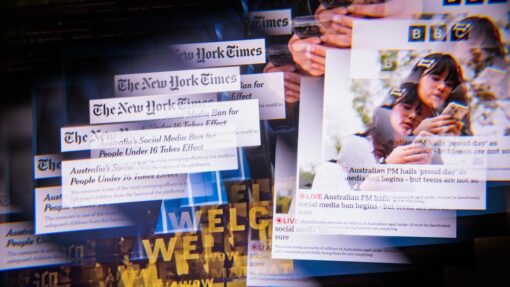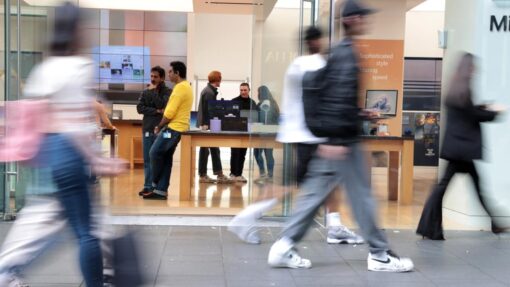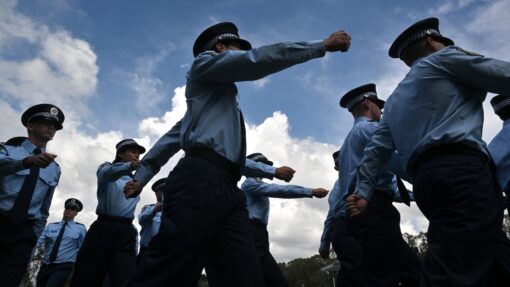Economy in strong position: Frydenberg
Colin Brinsden, AAP Economics and Business Correspondent |
Treasurer Josh Frydenberg says the latest national accounts show the enormous resilience of the Australian economy, but warned that floods on the east coast and the Ukrainian conflict will have an impact.
The national accounts showed the economy grew by a hefty 3.4 per cent in the December quarter, a steep recovery from the 1.9 per cent contraction in the September quarter due to the Delta strain lockdowns.
The size of the rebound matched that seen after the 2020 recession, which was the fastest pace for 46 years.
Annual growth now stands at 4.2 per cent.
“Despite the uncertainties in the global outlook and the ongoing impacts of the pandemic, the Australian economy is in a very strong position,” Mr Frydenberg told reporters in Canberra.
Shadow treasurer Jim Chalmers welcomed the recovery but said what matters most to working families is the inflation pressure they are now facing.
“Skyrocketing costs of living and falling real wages shouldn’t be the thanks Australians get for the sacrifices they made during the pandemic,” Dr Chalmers said.
Mr Frydenberg warned there will be a big clean-up bill and support payments for the floods in Queensland and NSW, while the tensions in eastern Europe have led to rising global oil costs, resulting in higher petrol prices in Australia.
“But today’s numbers do underline the overall strength of our economy and our ability to withstand these shocks,” the treasurer said.
Business Council of Australia chief executive Jennifer Westacott said while the national accounts were “great news”, the March 29 budget provides the opportunity to lock in this positive result.
“We have to have our focus on the next 10 years, not just the next 12 months,” she said.
The Australian Bureau of Statistics said domestic demand drove the growth this December quarter, with high levels of household spending, particularly in the states that emerged from COVID-19 lockdowns.
Household spending in NSW, Victoria and the ACT rose 9.6 per cent, while the rest of Australia rose 1.6 per cent.
The rise in household consumption expenditure was partly offset by a 1.4 per cent fall in business investment, which was impacted by shortages of labour and construction materials.
Dwelling investment declined 2.2 per cent despite high levels of building approvals in recent quarters.
Net international trade detracted 0.2 percentage points from growth as exports of mining commodities and travel services fell, which was partly offset by increases in rural goods exports.
Reserve Bank of Australia governor Philip Lowe said the economy has proved resilient in the face of the Omicron variant, but warned the war in Ukraine is a major source of uncertainty.
Dr Lowe said after Tuesday’s board meeting there were uncertainties about how persistent the pick-up in inflation will be, given recent developments in global energy markets and ongoing supply-side problems.
AMP Capital senior economist Diana Mousina noted the December quarter growth result was not as large as the 4.2 per cent rate the RBA had forecast.
“It doesn’t change our expectation that inflationary pressures will continue to build in coming months, forcing the RBA to start hiking interest rates from August,” she said.
Cost of living pressures are already being felt across the country with record petrol prices biting into household budgets.
The latest National Australia Bank wellbeing survey shows one-in-five Australians have missed a bill or loan payment in the past three months, while 75 per cent are trying to save but are challenged by debt repayments, bills and everyday spending.
More than 40 per cent of adults reported a decline in their savings in the past three months.
AAP


